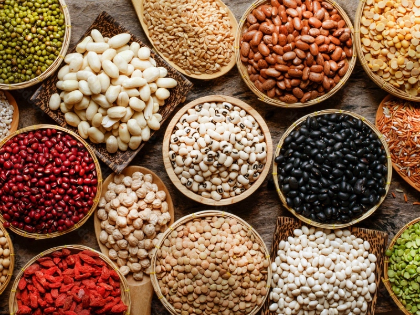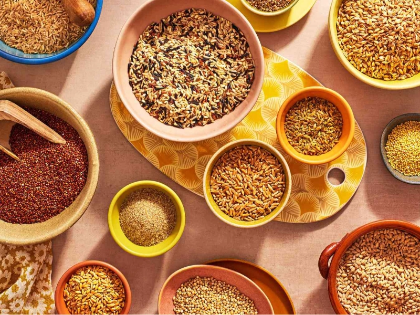The Role of Berries in Maintaining Healthy Blood Pressure
Not only are berries great, but they also abound in nutrients that will help to keep blood pressure within reasonable range. Rich in antioxidants, vitamins, and minerals supporting cardiovascular health, these little, vivid fruits are Studies have indicated that including berries into your diet can help reduce blood pressure and boost general heart function. The several kinds of berries, their health advantages, and how simple they may be integrated into your regular meals for a better lifestyle are investigated in this article.
Berries: Their nutritional value

Nutritional powerhouses are berries—blueberries, strawberries, raspberries, blackberries. Though low in calories, they abound in vital minerals including antioxidants, fiber, and vitamin C. Maintaining healthy blood vessels depends on vitamin C; fiber promotes digestion and controls blood sugar levels. Berries, especially anthocyanins, have antioxidants that have been associated to a decrease in oxidative stress—a component in high blood pressure. Eating a diversity of berries helps you to guarantee that your body gets a variety of nutrients supporting cardiovascular health.
How Antioxidants Affect Blood Pressure

Fighting free radicals in the body depends mostly on antioxidants, which also help to prevent oxidative stress and inflammation. High blood pressure and other cardiovascular problems are well known to be caused in part by chronic inflammation. Antioxidants abound in berries, notably in flavonoids like anthocyanins—which account for their vivid hues. Research has indicated that these substances can lower blood pressure, boost circulation, and assist blood vessels relax. Berries will help you take advantage of antioxidants to support general heart health and help to preserve normal blood pressure levels.
Fiber and Its Part in Control of Blood Pressure

Maintaining reasonable blood pressure levels depends on dietary fiber. Excellent sources of soluble fiber, berries can help reduce cholesterol and strengthen heart function. By adhering to cholesterol in the digestive tract, soluble fiber limits its absorption into the bloodstream. Maintaining normal blood pressure depends on lower general cholesterol levels, which this technique helps to achieve. Fiber also helps one feel full, which can help control weight—yet another crucial component in blood pressure control. While enjoying their great taste, including a range of berries in your diet will help you achieve your daily fiber needs.
Berries and Heart Welfare

Berries have been associated to better heart health, which directly relates to blood pressure control. The nutrients in berries cooperate to support cardiovascular activity. For example, potassium is another element included in berries that balances body sodium levels, so helping to control blood pressure. A diet high in potassium helps offset the effects of salt, hence reducing blood pressure. Moreover, berries' anti-inflammatory qualities help lower the risk of heart disease, thus they are a necessary part of a diet aimed at a heart. Giving berries first priority in your meals will help you be proactive in preserving your heart and keeping normal blood pressure.
Including Berries in Your Diet
Berries are simple and flexible addition to your diet. Fresh as a snack, blend them into smoothies, or toss them into yogurt and oatmeal for a healthy breakfast. To boost taste and nutrients, berries can also be included into salads, desserts, or even savory meals. Make a berry salad combining your favorites and drizzled with some honey or lemon juice for a reviving treat. Frozen berries are also a handy choice that keeps their nutritious worth and is simple to integrate into your diet all year long. You can get berries' blood pressure-lowering effects by creatively including them into your dishes.
Long-Term Advantage of Berry Eating
The long-term advantages of routinely eating berries go beyond control of blood pressure. A diet heavy in berries has been linked to a reduced risk of several malignancies, diabetes, and heart disease among other chronic conditions. Berries' antioxidants, fiber, and vital vitamins help one be generally healthy. Moreover, a diet high in berries can inspire better eating patterns and increase fruit and vegetable consumption. Including berries as a mainstay in your diet not only helps your blood pressure but also invests in your long-term health, therefore opening the path for an active and colorful life.









